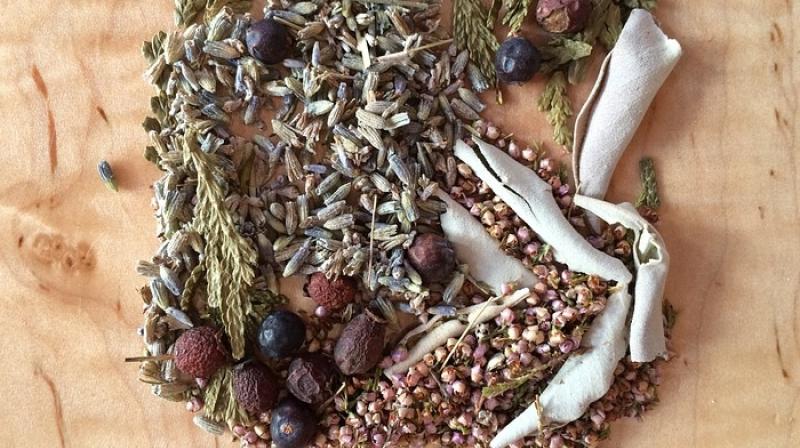Mixing herbal remedies with prescription drugs could be dangerous
The researchers uncovered dozens of cases in which alternative treatments appeared to have altered the effects of prescription medication.

London: Mixing herbal remedies with conventional drugs can result in a wide range of dangers, according to a study.
The researchers uncovered dozens of cases in which alternative treatments appeared to have altered the effects of prescription medication, either diluting it, making it more potent or causing potentially dangerous side effects.
Charles Awortwe, of the University of Stellenbosch in Tygerberg, South Africa, and first author of the paper, said his team was prompted to investigate because of the wide-spread use of herbal medicines alongside prescription drugs.
He and colleagues scoured the medical literature to identify previous instances of patients suffering apparent adverse reactions. The analysis included 49 case reports and two previous observational studies, which detailed 15 cases of adverse drug reactions.
They then analysed the cases, to work out whether the problems were likely to have been caused by an interaction, based on the pharmacological properties of the active ingredients. They concluded that herbal medicines had probably played a role in nearly 60% of cases.
Edzard Ernst, emeritus professor of complementary medicine at the University of Exeter, said the findings highlighted that natural ingredients could still have potentially potent biological effects.
"They might cause harm to many patients who use herbal treatments," he said. "It is therefore important that consumers are warned of the danger and think twice before self-medicating with herbal remedies."
The paper turned up examples of patients who had suffered serious problems after taking herbal medicines alongside drugs including antidepressants and medication for HIV, epilepsy, heartdisease.
In one case report, a 55-year-old man died of a seizure while swimming. The autopsy concluded that ginkgo biloba supplements that the man was taking - to boost cognitive function - may have inhibited the effects of his anti-seizure medication.
Several cases documented patients with heart problems who were on warfarin or statins, who appeared to suffer complications linked to sage, flaxseed, St John's wort and green tea. The majority of patients were diagnosed with cardiovascular diseases, cancer, and kidney transplants.
Recent studies have shown it is possible for some active ingredients in herbal medicines to affect drug metabolism, speeding up the rate at which other medicines are broken down in the liver and reducing their effectiveness.
Previous research has suggested that St John's wort, an over-the-counter herbal remedy for depression, could interact with a large number of medicines. It is thought to increase side effects of antidepressants and there is evidence it could reduce the effectiveness of drugs including warfarin, statins, antihistamines, birth control and HIV medication.
"If you are taking herbal remedies you should disclose it to your clinician," said Awortwe. "A potential interaction and its consequences can be very detrimental to the health of the patient."
The study has been published in the British Journal of Clinical Pharmacology.

